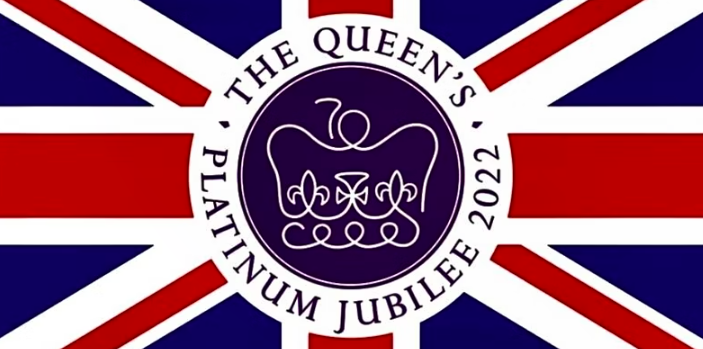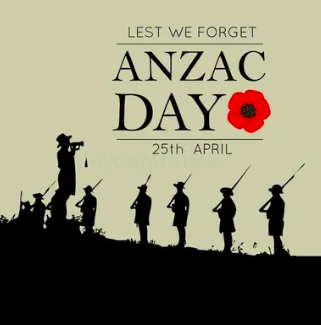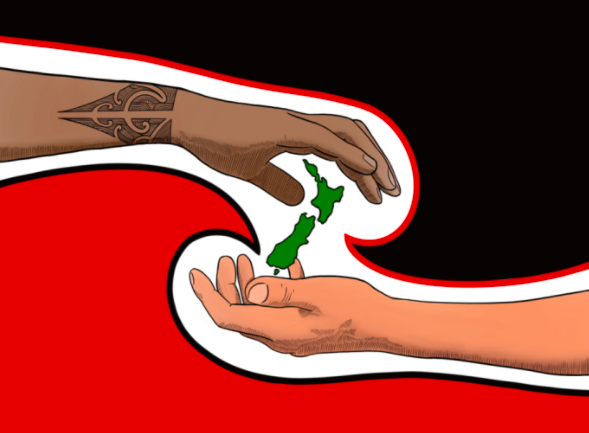With Student Led Conferences coming soon it is a good opportunity to explain a significant change in how we have been reporting to parents.
Three years ago we felt it important to report on the whole child which is why we refer to the new report as a Holistic Report. We want students to be able to articulate their learning journey by referring to their Graduate Profile recorded within the following broad domains:
- academic progress and achievement in all learning areas, as well as literacy and numeracy;
- engagement at school which includes participation in our “Four Cornerstones” or co-curricular activities, attendance, punctuality and homework completion and
- evidence of living our school values of pono/integrity, awhinatanga/compassion and whakamana/empowering through learning.
The thinking behind this change is that it reinforces our school vision and purpose expressed by our motto of “growing greatness/kia mana ake”. We believe that every student has a grain of greatness and it is our mission to help students to find and grow this grain of greatness. This should be represented by our report which is multidimensional and gives students opportunities to show their greatness in many ways rather than a one-dimensional report on achievement. We believe that all our students should feel or experience success in some way through their MHJC journey and the report acknowledges this.
Teachers have been working with students on what we consider to be an innovative approach to reporting. Rather than teachers passing a judgment on students, it is they who “write their own report” and progress through the stages of our Graduate Profile by understanding and showing evidence of our school values. This acknowledges the need for schools to provide learning opportunities for students to learn how to manage themselves effectively, reach out to others and learn how to learn. These are the messages we receive continuously as the critical ingredients for future success and so it makes sense that everything we do at school aligns with the report.
This is an exciting and at times challenging journey but one which we believe will be of immeasurable benefit to our students. Thank you for supporting us and I trust you enjoy hearing how your child/ren give expression to their journey.
Growing greatness/kia mana ake!
Ian Morrison
Principal/Tumuaki





